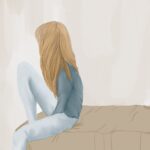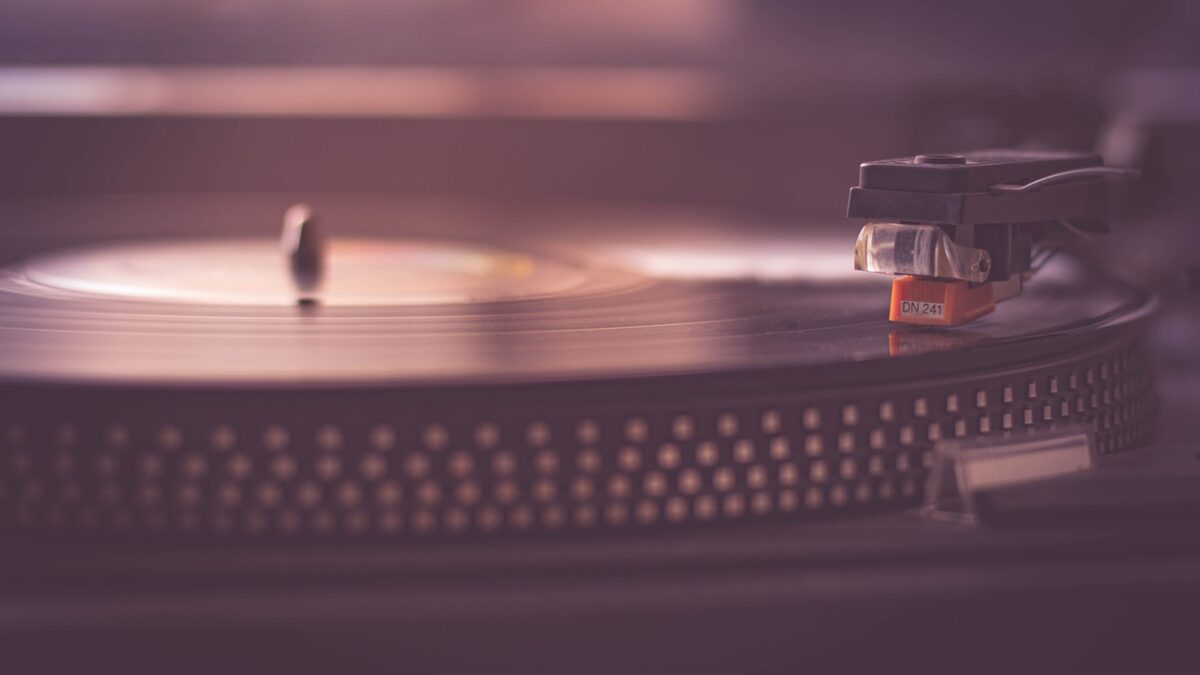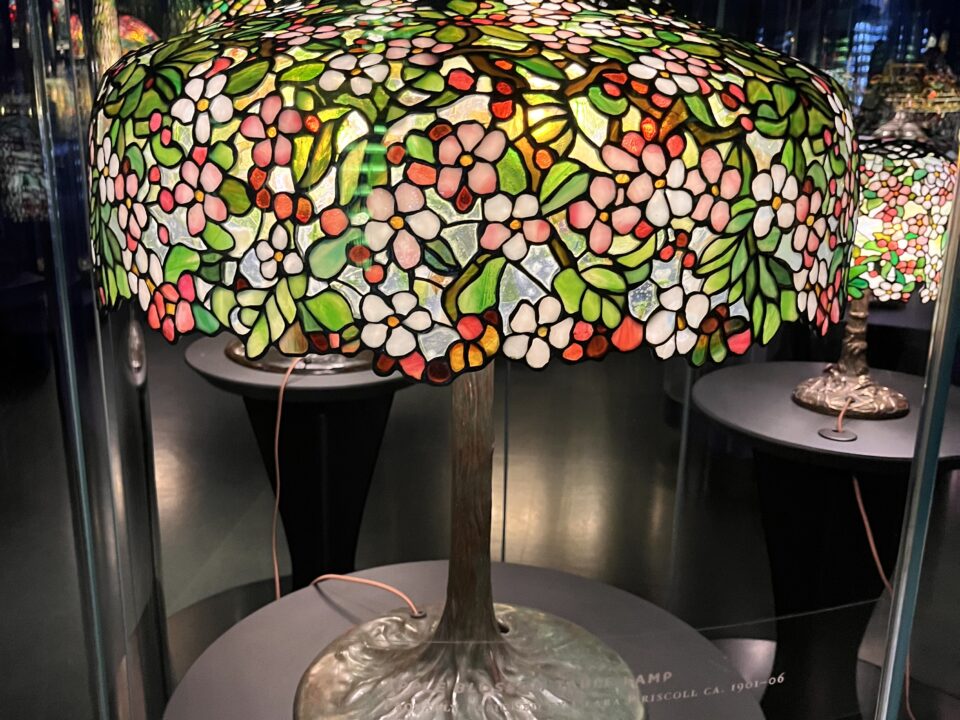
Unanswered Questions Don’t Die….by Dee Dee Reed (Guest Essay #5)
March 4, 2024
Love is the Only Choice
March 22, 2024A scholarly aesthete once said long ago, that “All art constantly aspires to the condition of music.” This quotation has come to both inspire and bother me. In some ways, I believe it to be true. Most great art makes us think but the result is largely to feel something you otherwise would not. And music does that raw-ly. It needs no mental or intellectual or even contextual springboard to bring us to emotion. It is the only artform that one cannot deny impact from in its presence; you cannot turn away. Music is irreducible: it is concentrated emotion, subjectively interpretable and applicable, but innately potent and true. Music can never be wrong; it can only be ineffective. When it is effective, it is undeniable.
That said, music is also poignantly short in what contrasts to its strengths. It is almost inherently both an abstract and intuitive artform. Without words, or at very least voices, even dance steps… it becomes a backdrop of sorts. There is a distinction in music academia of program music and absolute music. One is made to be representative or accompanying of a greater narrative or otherwise artistic piece, while the other is meant to stand alone as itself. Indeed, the virtue of “absolute music” is meant to prove music’s fortitude as an art that can stand on its own merits.
To dig deeper, it might help to refer to two contrasting 2nd-millennium philosophers on the topic at hand. Immanuel Kant (1724-1804) spoke on how music is “a language of the affects” that absolutely and resolutely showcases these affects, or emotionalities, to their own essence. Meanwhile Arthur Schopenhauer (1788-1860) spoke about music as a sublime and “exceedingly fine” abstraction of an art, one which “by no means [is] like the other arts, namely a copy of the Ideas, but a copy of the will itself, the objectivity of which are the Ideas.” He goes on to say that “[f]or this reason the effect of music is so very much more powerful and penetrating than is that of the other arts, for these others speak only of the shadow, but music of the essence.” Music shines through the visceral essence of sensation and physicality, unlike the comparative mind games of other arts. It does not tell you, nor even show you, but it elicits you to react, immediately, attention given or not given.
I feel this immediacy of sensation is what draws so many to music’s call. It immediately conveys things. And I admit, what most would likely posit is that there is a surplus of musicians rather than a dearth, that the market is saturated. There are plenty of musicians out there, making or attempting to make their path. I am one of them. But in that perhaps there is a dearth of poets, of novelists, of prose-writers and columnists who seek to express and compel through the written and spoken word. Statistically — as compiled by Statista and IBISWorld — there are more musicians (71,828) employed in the United States than there are professional writers (approximately 50,000). And if I can be bold to speculate, there are many more musicians under the radar of this than cited.
This proportion is fine and all, but as someone who has idolized the sonic artform, perhaps there is more to be said. Music is visceral and immediate. Though at the same time it takes real harnessing of practice and memory to produce it, its results when produced are immediately primal and moving. I find that other arts do aspire toward that, but maybe not to such rawness or immediacy. I used to see that as a superior aspect in music to other arts but perhaps it is not inherently so. When a song plays, I find myself feeling it as much as listening to it and paying attention more to its sounds than to its words. The totality of it is sublime, but do we listen to music to understand it? As a music theorist I can tell you of how its inner workings produce an effect, but that is deconstructive, not the same as understanding its immediate or innate content.
Music is known to bolster our cognitive capacity, as well as to make us more in synergy with our emotional selves. Often we think of it as cornerstone, centerpiece, commons to other artistries. And while that may be true, in its pure distillation of emotion as sound waves, I want to remind others — and namely myself — of the sublimity of other artforms as well. How a song even makes us “feel a thought”, as per the words of “Over the Rainbow” songwriter Yip Harburg, how amplified that becomes through a poetic writer’s touch, or even stark in the delivery of an orator’s voice. I recall listening to a take of Florence Welch’s song “King” being spoken by her instead of sung, granted with instrumentation as backing, but becoming thus auxiliary to her articulation. I found it utterly captivating, perhaps more so even than the brilliant song. As captivating as is a fugue, the story makes the music, not just the sound.
And music is a terrific and undeniably useful backdrop to other arts. It works in tandem, very nicely. Most places we go carry background music with them for atmosphere. But then a music artist generally does not go without cultivating a strong sense of image and even narrative around their artistry. The visual and sartorial designs and stylings and even the performance of how they carry themselves are all forms of art: visual art, fashion, storytelling, and theater all go hand in hand here. I do concede though that one could argue of musical theater, or namely opera, as an ultimate artform thus, a great Gesamtkunstwerk, or “total work of art”, which takes music alongside several other artforms to create a polymathic art piece, maximalist and full. Even the voices in opera deliver maximally, with full natural amplification to fill an amphitheater. And not a word is left unsung, literally. These are musical pieces but also narrative pieces. The music alone is breathtaking on its own but the words and narrative context bring it to full circle. The story makes the music.
Music is all art’s friend, but it is not all. I think that is all I meant to get at. Without a world built for it to furnish, it becomes emotion without thoughts to boot, feeling without knowing much of why. And perhaps there is room for that, but I think that is not gesamt.
Gillian Louise Omotoso is a twenty-something-year-old writer, singer, and piano teacher from Asbury Park, NJ. In 2022 she published her autobiographical memoir, The Girl with Three Legs. She is currently working on her debut album and first novel.




